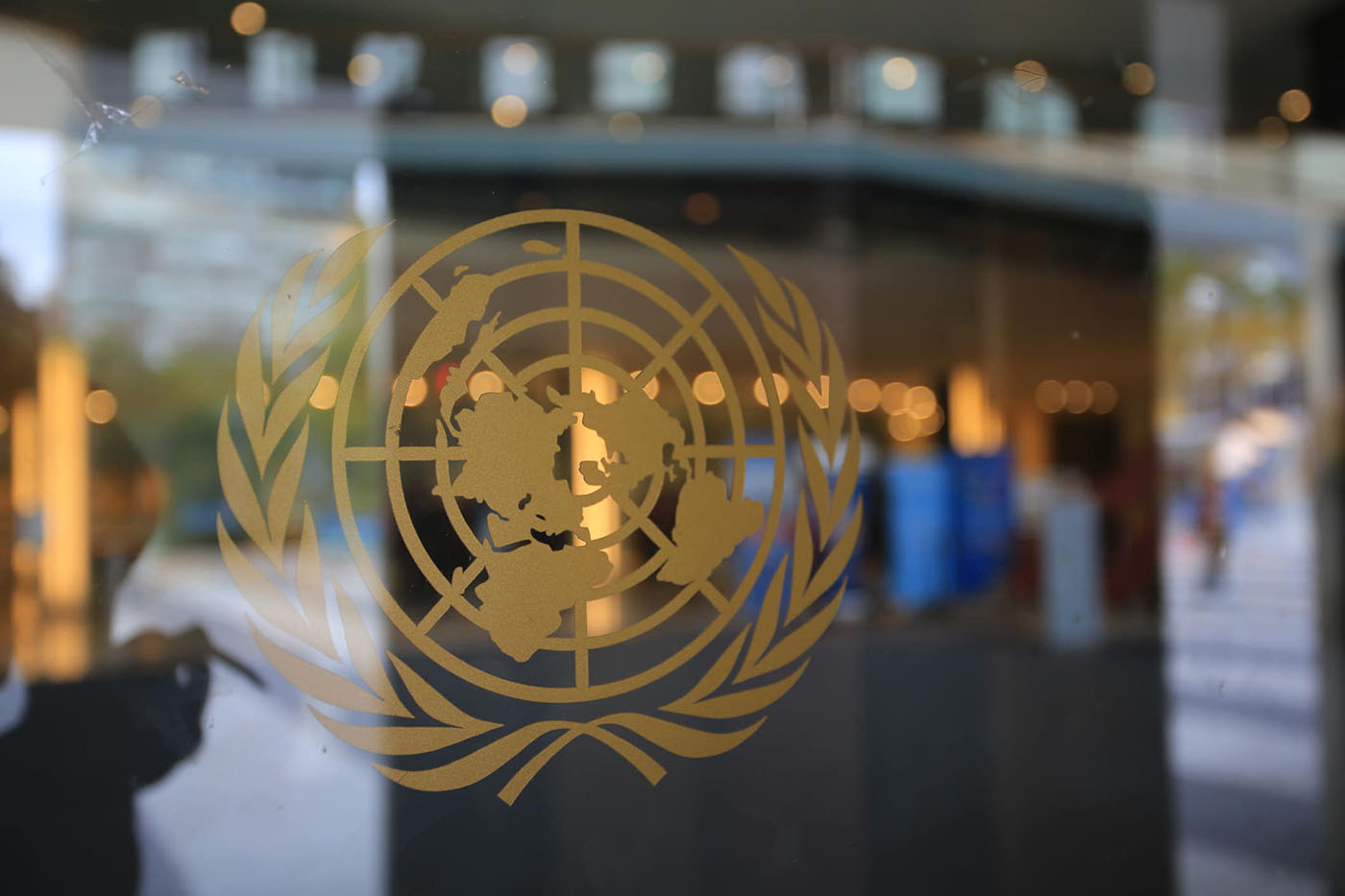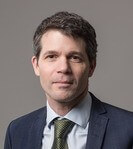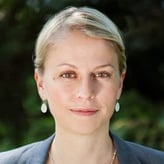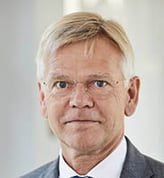
With the financial consequences of climate change increasingly capturing boardroom attention, and under the spotlight of Climate Week events coinciding with the United Nations General Assembly session, the UN Environment Program and 130 banks from 49 countries formally launched Principles for Responsible Banking.
Described by UN Secretary-General AntÓnio Guterres as “a guide for the global banking industry to respond to, drive and benefit from a sustainable development economy,” the principles were developed with a core group of 30 banks, among them Barclays, BBVA, Citi, ICBC of China, Standard Bank of South Africa and Yes Bank of India. The 130 signatories have a combined $47 trillion in assets, representing one third of the entire banking sector.
The institutions commit to strategically align their businesses with the UN Sustainable Development Goals and the Paris Agreement on Climate Change. The latter calls for limiting global warming to well below 2 degrees Celsius.
“We will rely on you [the banks] to scale up financing to businesses that stimulate green growth,” the secretary-general said at a September 22 signing ceremony, where 45 bank CEOs participated. “Place your bets on the green economy, not the grey economy, because the grey economy has no future.”

Inger Andersen, executive director of the UN Environment Program, said: “A banking industry that plans for the risk associated with climate change and other environmental challenges can not only drive the transition to low-carbon and climate resilient economies, it can benefit from it. When the financial system shifts its capital away from resource-hungry brown investments to those that back nature as a solution, everybody wins in the long term.”
Sustainability Proliferates
The embrace of the banking principles by a global list ranging alphabetically from Abanca of Spain to Zenith Bank of Nigeria - the U.S. is relatively sparsely represented, by Citibank and labor-union-owned Amalgamated Bank of New York - comes at a time of heightened commitment to sustainability in business and investment strategy.
Environmental, social and governance (ESG) funds, indexes, rating systems and data services (such as Refinitiv's Sustainable Leadership Monitor, announced during Climate Week) are proliferating. The Bank for International Settlements said on September 26 that it has launched an open-ended fund for central banks to invest in green bonds and thereby “incorporate environmental sustainability objectives in the management of their reserves.”
An August statement by the Business Roundtable amounted to an endorsement by the biggest U.S. corporations of “a modern standard of corporate responsibility” to serve the interests of all societal stakeholders and not just shareholders. Harvard Business School and Ronald Cohen, founder of Apax Partners, are proposing a sustainable accounting system that will measure corporate activity not just in terms of profits, but also their impact on the environment, employment and products.
Meniga, a digital banking systems company active in the Nordic region, created an app that lets consumers donate their bank card rewards to UN-certified climate change programs.
On September 23, the day after the Principles for Responsible Banking ceremony at the UN, they were the subject of a day-long conference in New York hosted by BNP Paribas, one of the leading sustainability advocates in banking and a member of the original signatory group.
Eric Usher, Head of the UN Environmental Program Finance Initiative (UNEP FI), said, “We view the Principles for Responsible Banking as a ladder, allowing banks to move up the ladder of sustainability. The framework will establish norms for sustainable finance and will guide firms in the management of sustainability risks.”
Six Principles
Simone Dettling, UNEP FI banking team lead, discussed the six principles, respectively titled Alignment; Impact & Target Setting; Clients & Customers; Stakeholders; Governance & Culture; and Transparency & Accountability.
Alignment refers to integrating sustainability into strategic goals so that they can be aligned with society's goals. Impact means how a bank's portfolio affect society, society's goals and the environment at large, and targets are commitments to have the most significant impact in these areas. Dettling said this will bring about “a new way of banking.”
She added that banks need to help clients and customers with their own sustainability efforts. As for stakeholders, banks need to partner with those in civil society - such as policymakers, regulators and technology providers - to fund new and innovative solutions that advance sustainability.

Regarding governance and culture, Dettling said banks need to embed the principles into their governance structures to ensure that they deliver on their sustainability commitments. And for transparency and accountability, banks must review individual and collective implementation of the principles and report on both positive and negative sustainability impacts.
“Many banks grappled with this issue of being transparent and accountable for both good and not so good results,” Dettling said, but the program “is not just about producing a shiny, new report” and burnishing reputations. Indeed, she explained that following a two-year compliance period, banks that fail to show progress in their sustainability goals can be stripped of their signatory status.
CEO Support
In a panel discussion at BNP Paribas, several CEOs weighed in on why they believe principles are necessary. Common interest - and fear of losing out to compliant competitors - was one reason.
“Shareholders, clients and employees increasingly want this,” said Dmitry Gusev, CEO of Sovcombank.
“Being green is only one part of what it now means to be a responsible bank,” as the principles call on addressing other ills as well, such as poverty, inequality and substandard housing, said Amalgamated Bank's Keith Mestrich. “There are lots of ways to be a responsible bank,” he added.
Danske Bank chairman Karsten Dybvad, citing the Paris climate agreement call to reduce CO2 emissions 70% by 2030, said, “It will be a big job to do that, but we will be working intensively to achieve this goal.” When asked if banks can be more profitable by making the shift to a focus on sustainability, Dybvad replied, “This is the direction the whole world is moving. By listening to the young, we know where we - as a bank - have to go.”
Measure of Comparability
According to Herve Duteil, BNP Paribas chief sustainability officer, Americas, the UN principles will provide “a common language across all banks, allowing them to be compared in terms of alignment with global sustainability goals, in terms of impact and target setting, and in terms of how they engage with clients and all stakeholders.”
BNP deputy head of corporate social responsibility Nathalie Jaubert believes the principles can be broadly effective in that they “can be adopted by any kind of bank, no matter the geography or size.”
More skeptically, Ingo Walter, professor emeritus of finance, New York University Stern School of Business, says that the principles will be hard to assess in terms of performance levels or violations. “You have to put some kind of quantitative dimension” on the assessments, and effective tools that allow for this are hard to come by.

Data Challenges
Walter notes in an interview that there are currently 60 different and competing ESG rating systems, and when it comes to assessing an individual firm, “it gets worse,” because values regarding poverty or inequality may be totally different from one firm to another.
“Economists go crazy over these issues,” he says. He also fears that if banks do turn to ESG ratings, it will produce “a large dose of voodoo. It is not legitimate to boil one's ESG activities down to a single metric.”
What's more, Walter says signing on to the UN principles can be a preemptive exercise by banks “aiming to ward off regulation.” They are “making the case that, post-financial-crisis, they have learned some valuable lessons, they understand where they went wrong, and are changing their ways, as encapsulated in the Principles for Responsible Banking.”
That said, he views the principles and goals in a positive light and says they will ultimately move markets. He does wonder who within the banks will oversee adherence to the principles and hopes that risk managers and sustainability teams will find a way to work together on achieving results. “The skill sets of risk managers and sustainability experts are complementary, and ultimately, you will want a holistic approach to this,” he says.
Challenges in Execution
Duteil points out that the principles are not prescriptive in the way they are expected to be implemented, so different banks will assign responsibility in different ways. At BNP Paribas, responsibility rests with the sustainability and executive teams.
The sustainability executive acknowledges that there will be challenges in execution. “The pitfalls are that people will sign the principles but then don't implement or act on them as fast as the principles envisage, or in as far-reaching a fashion as we had hoped.”
Duteil adds that the principles are in and of themselves not the only change required: “You need a lot of other initiatives and coalitions and encouragement from regulators and others to move sustainability efforts forward and in the right direction.”
Katherine Heires is a freelance business journalist and founder of MediaKat llc.
Topics: Enterprise